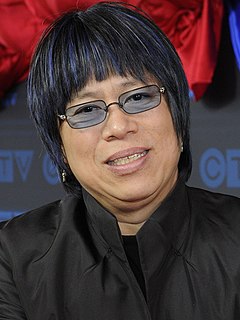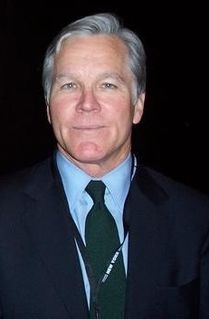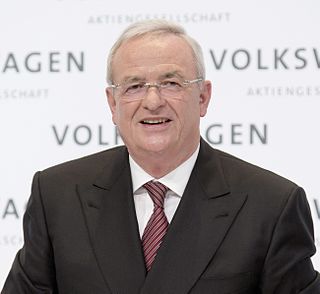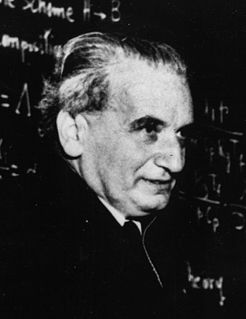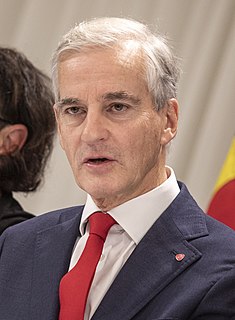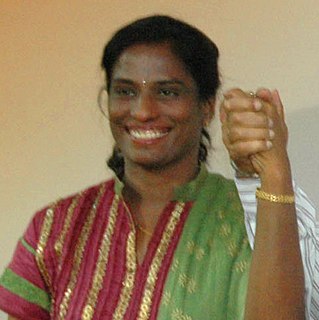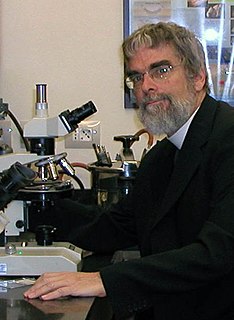A Quote by Alvin Leung
Being a scientist/engineer by nature, I approach everything as a problem.
Related Quotes
Since I stayed in a colony where either one was an engineer or a scientist, everybody thought I would be a scientist. This was the expectation everybody had apart from my parents. Honestly, I, too, wanted to be a scientist. I think it was the way Dad would explain us scientific theories and concepts that made the subject more intriguing.
Scientific research is based on the idea that everything that takes place is determined by laws of Nature, and therefore this holds for the action of people. For this reason, a research scientist will hardly be inclined to believe that events could be influenced by a prayer, i.e. by a wish addressed to a Supernatural Being.
All interpretations made by a scientist are hypotheses, and all hypotheses are tentative. They must forever be tested and they must be revised if found to be unsatisfactory. Hence, a change of mind in a scientist, and particularly in a great scientist, is not only not a sign of weakness but rather evidence for continuing attention to the respective problem and an ability to test the hypothesis again and again.
As soon as we cease to believe in such an engineer and in a discourse which breaks with the received historical discourse, and as soon as we admit that every finite discourse is bound by a certain bricolage and that the engineer and the scientist are also species of bricoleurs , then the very idea of bricolage is menaced and the difference in which it took on its meaning breaks down.
